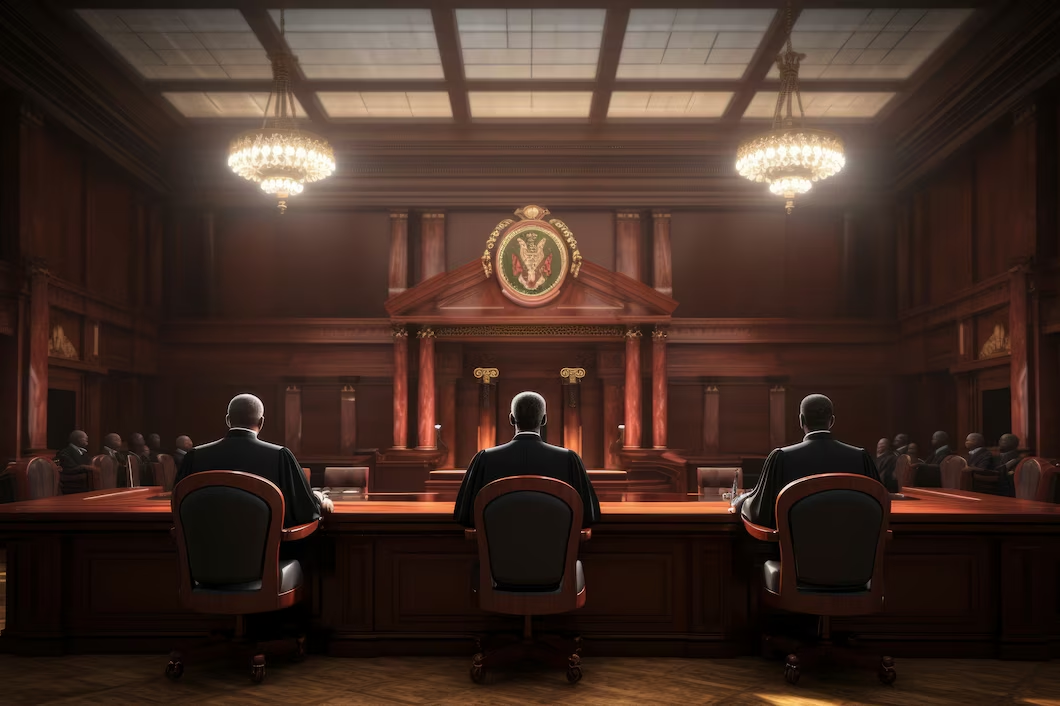In a significant move to maintain religious harmony and public order, the Uttar Pradesh (UP) government has mandated that all eateries must prominently display the names of their owners. This directive aims to ensure that the sentiments of Kanwariyas, the devotees of Lord Shiva who embark on an annual pilgrimage, are respected. The Supreme Court was recently informed of this decision, which has sparked a discussion on the balance between religious sensitivity and regulatory measures.
The Kanwar Yatra is a revered pilgrimage in North India, where millions of devotees carry sacred water from the Ganges to offer at Shiva temples. Given the immense participation, any action perceived as disrespectful can lead to unrest. To preempt potential law and order issues, the UP government has introduced this directive, hoping to avert any misunderstandings or conflicts during this sacred period.
As an advocate in Indore, it is crucial to understand the legal and social implications of such directives. This move by the UP government underscores the delicate interplay between governance and religious practices in India. It also highlights the proactive steps taken by authorities to prevent conflicts and maintain peace.
The Supreme Court’s involvement adds a layer of judicial oversight, ensuring that the directive aligns with constitutional values and does not infringe upon individual rights. The court’s scrutiny will also help balance the enforcement of such directives with the protection of civil liberties.

